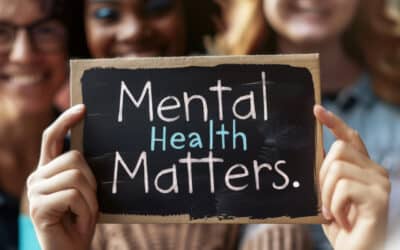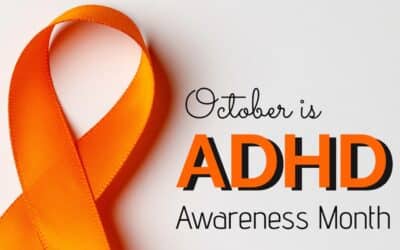National Eating Disorder Awareness Week (NEDA Week) is a time to reflect on how eating disorders impact millions of people and raise awareness about the importance of mental health. Taking place every year in late February, this week is dedicated to educating the public, supporting those who struggle, and breaking the stigma surrounding mental health and body image issues.
What Are Eating Disorders?
Eating disorders are serious mental health conditions affecting a person’s relationship with food, weight, and body image. They can involve extreme behaviors such as overeating, starving oneself, or using unhealthy weight control measures. The most common types include:
- Anorexia Nervosa: Severe restriction of food intake and an intense fear of gaining weight, often leading to dangerously low body weight.
- Bulimia Nervosa: Episodes of overeating followed by purging behaviors like vomiting or excessive exercise.
- Binge Eating Disorder: Frequent episodes of eating large amounts of food in a short period with a lack of control, but without purging.
- Other Specified Feeding or Eating Disorder (OSFED): Disorders that don’t fit the criteria for anorexia, bulimia, or binge eating but still have serious effects.
Why Is NEDA Week Important?
Around 9% of the U.S. population will experience an eating disorder in their lifetime, yet these disorders are often misunderstood and hidden behind shame. NEDA Week aims to raise awareness of the signs and symptoms of eating disorders, helping people understand that these conditions are deeply rooted in mental health struggles like anxiety, depression, and trauma. The goal is to encourage open conversations, reduce stigma, and provide support for those who seek help.
The Importance of Mental Health in Eating Disorders
Eating disorders are often a way to cope with deeper emotional issues, like low self-esteem, anxiety, or trauma. While behaviors like restricting food or overexercising might feel like ways to gain control, they can quickly spiral out of control, causing serious health complications and emotional distress.
Recovery isn’t just about changing eating habits—it’s about addressing the emotional and psychological issues at the core of the disorder. Therapy, counseling, support groups, and medical care are all essential parts of treatment.
Eating Disorder Treatment at LGTC Group
At LGTC Group, we are committed to helping individuals struggling with eating disorders through comprehensive and compassionate care. We offer specialized Residential Programs for Adolescents, as well as Partial Hospitalization (PHP) and Intensive Outpatient Programs (IOP) for both adolescents and adults. Our programs provide a supportive environment that addresses the emotional, psychological, and physical aspects of recovery.
Breaking the Stigma
One of the biggest challenges faced by those with eating disorders is the stigma that often accompanies them. Many fear judgment and feel embarrassed to seek help. However, eating disorders are complex mental health conditions that require compassion and proper care. NEDA Week encourages people to share their stories to help break down the barriers of shame, creating a supportive space for those who need help.
Conclusion
National Eating Disorder Awareness Week reminds us that eating disorders are not just about food—they are mental health conditions requiring understanding, support, and treatment. By raising awareness and offering compassion, we can help those struggling feel less alone and encourage them to seek the help they need.
If you or someone you know is struggling, remember that help is available. Recovery is possible, and there is no shame in asking for support. Let’s use NEDA Week as an opportunity to spread kindness, promote understanding, and support mental health for all.










